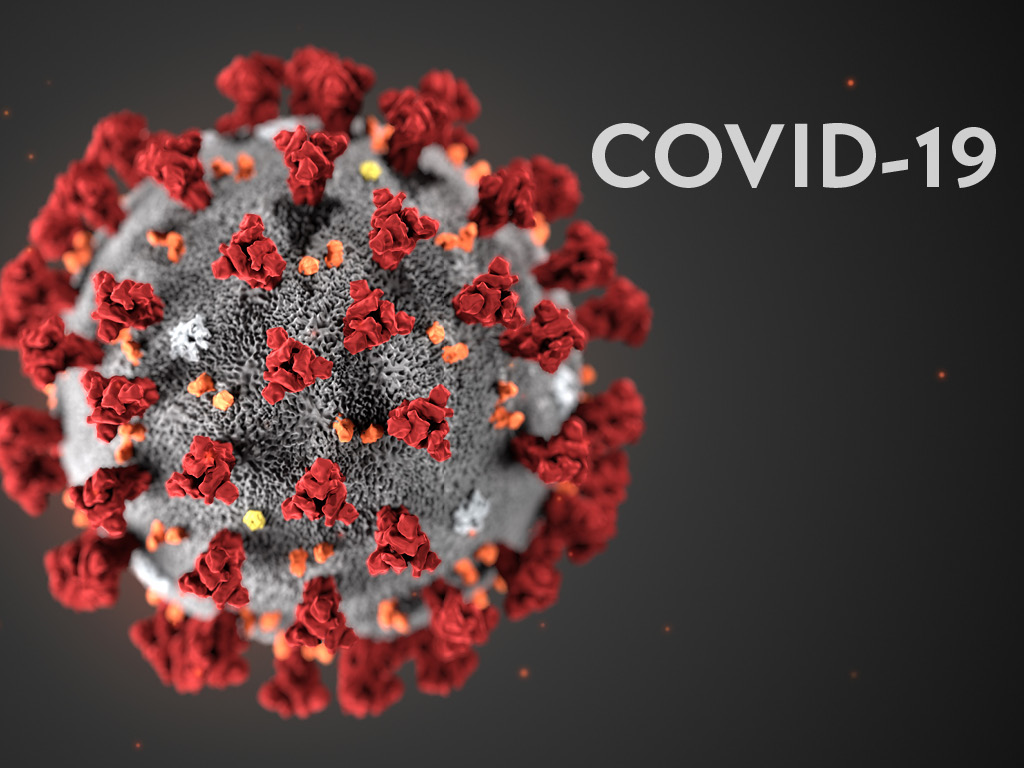
As of December, more than 800,000 Americans have now died from the COVID-19 virus. Since the beginning of the pandemic in 2020, the U.S. has recorded nearly 50 million cases. In the past year, we have continued to produce reports that guide researchers, policy makers, public health professionals, clinicians, and others who struggle to save lives and support people dealing with the impacts of COVID-19, as well those who build on the lessons learned from this pandemic to prepare for future health crises. As always, these reports are free to read online or download.

Public Health Lessons for Non-Vaccine Influenza Interventions: Looking Past COVID-19
The COVID-19 pandemic has challenged the world’s preparedness for a respiratory virus event. While the world has been combating COVID-19, seasonal and pandemic influenza remain imminent global health threats. Non-vaccine public health control measures can combat emerging and ongoing influenza …[more]

Globally Resilient Supply Chains for Seasonal and Pandemic Influenza Vaccines
Influenza viruses, both seasonal and pandemic, have the potential to disrupt the health and well-being of populations around the world. The global response to the COVID-19 pandemic and prior public health emergencies of international concern illustrate the importance of global preparedness and …[more]

The global response to COVID-19 has demonstrated the importance of vigilance and preparedness for infectious diseases, particularly influenza. There is a need for more effective influenza vaccines and modern manufacturing technologies that are adaptable and scalable to meet demand during a …[more]

Countering the Pandemic Threat Through Global Coordination on Vaccines: The Influenza Imperative
The COVID-19 pandemic has laid bare the fragility of the global system of preparedness and response to pandemics and the fragmentation of our research and development ecosystem. The pandemic has provided a disruptive moment to advance new norms and frameworks for influenza. It also has …[more]

The COVID-19 pandemic and the associated recession have significantly affected women’s workforce participation. These impacts have varied from job loss to additional caregiving responsibilities. Black and Hispanic women have been particularly affected, bringing into sharp relief historical …[more]

COVID-19, along with heightened racial trauma, has caused unprecedented disruption in the lives of youth aged 10-18, leading them to experience increases in mental health concerns. Addressing these negative impacts requires that education leaders, school districts, state and local decision …[more]

Addressing Disaster Vulnerability among Homeless Populations during COVID-19
During the COVID-19 pandemic, disruptions to key services for populations experiencing homelessness may lead to secondary effects in the context of a disaster, including effects on health and safety, which require additional population-specific support. Reducing disaster vulnerability for people …[more]

While the COVID-19 pandemic has had devastating health and economic impacts in the United States, communities of color, especially Black communities, have been disproportionately affected. On June 23, 2020, the Roundtable on Black Men and Black Women in Science, Engineering, and Medicine of the …[more]

Rental Eviction and the COVID-19 Pandemic: Averting a Looming Crisis
As the federal moratorium on rental eviction is set to expire on July 31st, 2021, actionable guidance is urgently needed on how to ensure that renters can stay in their homes and housing aid reaches the communities that need it most. This report from the National Academies of Sciences, …[more]

The Forum on Mental Health and Substance Use Disorders of the National Academies of Sciences, Engineering, and Medicine hosted a virtual workshop, Mental Health and Substance Use Disorders in the Era of COVID-19: With a Special Focus on the Impact of the Pandemic on Communities of Color, on …[more]

Understanding and Communicating about COVID-19 Vaccine Efficacy, Effectiveness, and Equity
Effective communication is needed to ensure shared understanding of how well COVID-19 vaccines work and whether they are being equitably distributed. Without clear, consistent, readily accessible communications, people may lose faith in the vaccines and in those providing them. State, tribal, …[more]

In 2002, the U.S. Food and Drug Administration (FDA) launched the Pharmaceutical Quality for the 21st Century Initiative to encourage adoption of innovative technologies that would lead to an agile, flexible pharmaceutical manufacturing sector. The goal was to encourage a transition to …[more]

The Impact of COVID-19 on the Careers of Women in Academic Sciences, Engineering, and Medicine
The spring of 2020 marked a change in how almost everyone conducted their personal and professional lives, both within science, technology, engineering, mathematics, and medicine (STEMM) and beyond. The COVID-19 pandemic disrupted global scientific conferences and individual laboratories and …[more]

COVID-19 Addendum to Critical Issues in Transportation
The year 2020’s raging coronavirus pandemic and reckoning with long-standing racial injustice led to widespread disruption and suffering, social unrest, and renewed calls for an accounting of our fragmented public health system and troubled history of racial inequity.
The crises of 2020 …[more]

The COVID-19 pandemic is transforming the global economy and significantly shifting workforce demand, requiring quick, adaptive responses. The pandemic has revealed the vulnerabilities of many organizations and regional economies, and it has accelerated trends that could lead to significant …[more]

The National Academies of Sciences, Engineering, and Medicine convened a workshop to explore lessons learned at animal research institutions in response to SARS-CoV-2, the cause of the COVID-19 pandemic. Expert scientists conducting COVID-19 research, as well as institutional leadership …[more]

The world continues to grapple with the profound and unprecedented impacts of the COVID-19 pandemic, which by January 2021 had infected more than 90 million people worldwide and taken over 1.9 million lives. The crisis quickly mobilized action by universities, industry, and federal, state, and …[more]

Emergency Evacuation and Sheltering During the COVID-19 Pandemic
Fundamental shifts in preparedness planning are needed to ensure health, safety, and smooth operations during emergencies in the context of the COVID-19 pandemic. To prepare for emergency events requiring evacuation, it is necessary to revise shelter planning and mass care operations, shelter …[more]

For more than 150 years, the National Academies of Sciences, Engineering, and Medicine have issued reports detailing leading research on public health and infectious disease. In response to the global outbreak of COVID-19 in 2020, the National Academies has continued this work by issuing …[more]











